
- Best Crypto ExchangesAlgorithmic Trading PlatformsNo KYC ExchangesArbitrage BotsAuto DCAAutomated TradingBinary OptionsCentralized ExchangesContract TradingCopy TradingCrypto Index TradingCrypto-to-Fiat ExchangesCrypto BrokersDay TradingDecentralized ExchangesDemo Trading AccountsDerivative ExchangesDual Investment TradingBeginner ExchangesFutures TradingGrid TradingHybrid ExchangesLending PlatformsLeverage TradingLiquidity PoolsLive TradingLowest Fees ExchangesMargin TradingMarket Making ExchangesOptions TradingP2P Crypto ExchangesPayPal Supported ExchangesPerpetual Futures TradingRecurring BuysSafest ExchangesSavings AccountsShorting ExchangesStaking Rewards ExchangesSwap ExchangesSwap PlatformsTokenized Stocks TradingZero Fee TradingCrypto OTCInsitutional TradingBitcoin OTCBitcoin OTC GuidesBitcoin Trading BotsCrypto AppsCrypto Trading AppsCrypto Trading PlatformsAutralian Crypto Trading PlatformsExchanges for BitcoinPlaces to buy CryptoUSA Bitcoin ExchangesBitcoin Trading StrategiesTradingDEX Best PracticesDeFi Best PracticesDEX OverviewDEX Tutorials
- Best Crypto WalletsSelf-Custodial WalletsCustodial WalletsHardware WalletsMulti-Sig WalletsMobile WalletsDesktop WalletsBrowser Extension WalletsLightning WalletsDeFi Bitcoin WalletsPaper WalletsBitcoin WalletsSecure Bitcoin WalletsEthereum WalletsSolana WalletsPolkadot WalletsBNB WalletsLitecoin WalletsRipple WalletsCardano WalletsAvalanche WalletsTezos WalletsNFT WalletsDeFi WalletsStaking WalletsTrading WalletsGaming WalletsPrivacy WalletsHODL WalletsRemittance WalletsEnterprise WalletsMultichain WalletsWallet ServicesWallet Backup OptionsSecure WalletsWallet Security TipsWallet Setup GuideWallet Downloads
- Best Crypto & Bitcoin CasinosBitcoin CasinoAltcoin CasinosCard CasinosCrypto CasinosETH CasinosGuides: CasinosGuides: Blackjack StrategyGuides: How to Play BlackjackGuides: How to Play PokerGuides: How to Play RouletteGuides: Poker StrategyGuides: Roulette StrategyTop CasinosBingoCasino BotsNo KYCArbitrum CasinosAvalanche CasinosBaccaratBase CasinosBNB CasinosBCH CasinosBitcoin CasinosBlackjackCasino BonusesCardano CasinosCluster PlaysCosmic Jackpot GamesCrapsCrashDAI CasinosDecentralized CasinosDeFi CasinosDiceDiscord CasinosDogecoin CasinosDrops and WinsEgyptian SlotsETH BonusesETH Live DealerETH No Deposit BonusesETH RouletteETH SlotsFree SpinsGalactic Slot MachinesGame ShowsHigh RollersHigh Volatility CasinosHorror Casino GamesInstant WithdrawalJackpotKenoLitecoin CasinosLive DealerMetaMask CasinosMetaverse CasinosMinesMinimum Deposit CasinosMultiplayer CasinosNewest CasinosNFT CasinosNo Deposit BonusesNorse Mythology SlotsTrump CasinosOptimisim CasinosPirate SlotsPolygon CasinosPrivacy-Focused CasinosProgressive JackpotProvably FairRespinsRouletteScatter PaysScratch CardsShiba Inu CasinosSic-BoSlotsSocial CasinosSolana CasinosStablecoin CasinosSweepstakes CasinosTON CasinosToshi CasinosTreasure Hunt SlotsTRX CasinosUSDC CasinosTether CasinosVerse CasinosVideo PokerViking Casino GamesVIPWheelRipple CasinosPachinkoLotteryMeme CasinosMobile CasinosOnline CasinosPlinkoPokerGuides: Poker FAQGuides: Poker LegalityGuides: Poker PromotionsGuides: Poker Room ReviewsGuides: Poker TournamentsTable GamesTelegram CasinosWeb3 CasinosMegaways SlotsBook of SlotsPlay Along with CryptoDaily ContestsWeekly RafflesBuy Extra Ball GamesHold and Win Slots
- Best Bitcoin SportsbooksFootballAmerican FootballNo KYCAustralian Open TennisBadmintonBaseballBasketballBetting ExchangesBonusesBoxingBundesligaChessCollege BasketballCricketICC ChampionsIndian Premier LeagueCyclingDartsEnglish Premier LeagueEsportsCall of DutyCSGODOTA-2FIFALOLStarcraftValorantWorld of WarcraftFIFA World CupIce Hockey BettingNHL Entry Draft 2025Ice Hockey World Championship 2025Formula 1French Open TennisGrand Slam TennisGreyhound RacingHandballHockeyHorse RacingKentucky DerbyLa LigaLive BettingMarch MadnessMMAMotorsportsNascarNBA DraftNFL DraftOlympicsPGAPoliticsPolitics (Trump)Politics (Kamala)US PoliticsRugbySerie ASnookerStock Car RacingSuper BowlTable TennisUFCUFC Fight NightUp vs DownUS Open TennisVolleyballWimbledonWinter SportsGolfSoccerTennis
What is censorship resistance?
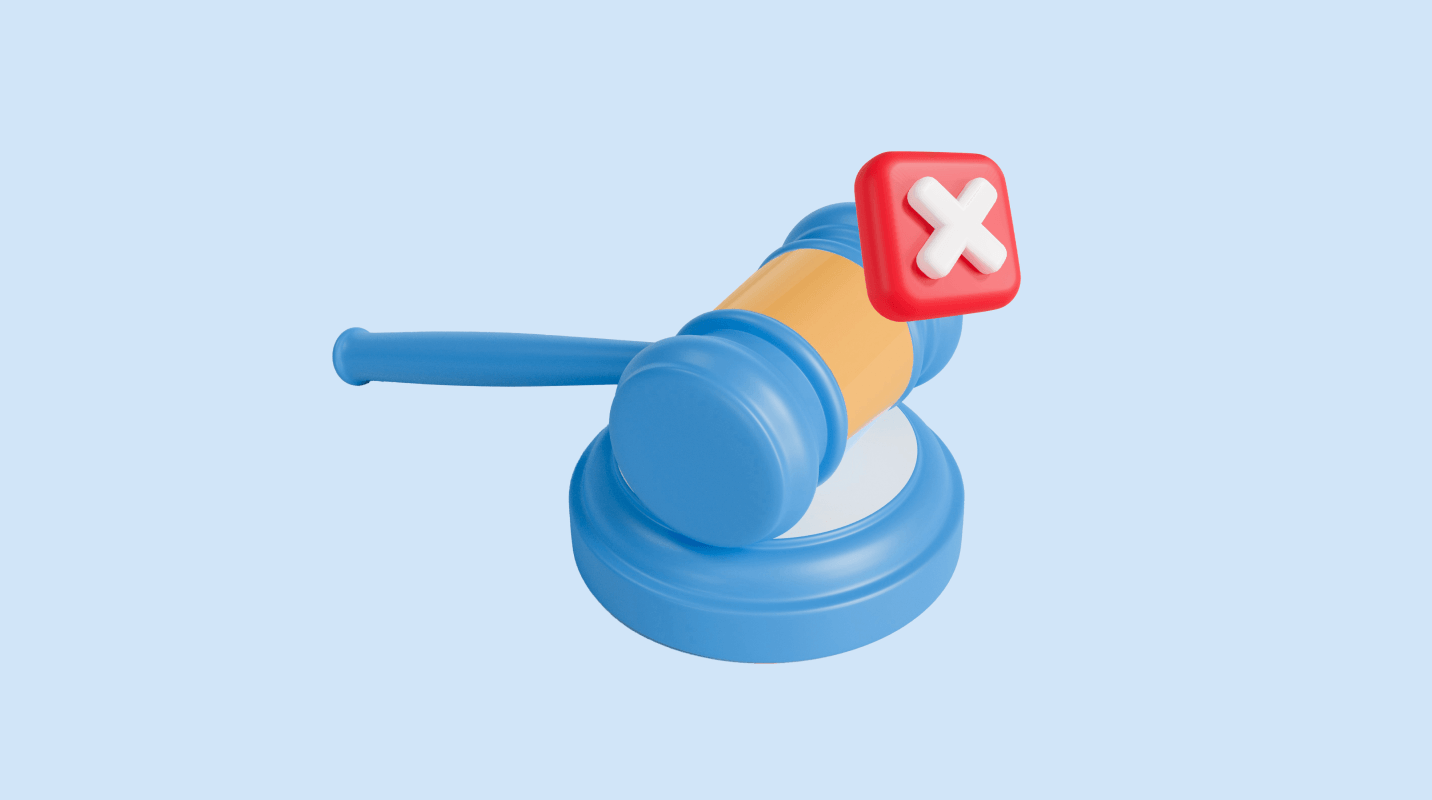
Related guides
Start from here →
What's a 'self-custodial' wallet?
Understand how the self-custodial model puts you in charge of your cryptoassets and protects you from third-party risk.
Read this article →
What's a 'self-custodial' wallet?
Understand how the self-custodial model puts you in charge of your cryptoassets and protects you from third-party risk.

What is Bitcoin mining?
Learn why the process of minting new bitcoins, known as 'Bitcoin mining,' is in some ways similar to the process of extracting precious metals from the earth.
Read this article →
What is Bitcoin mining?
Learn why the process of minting new bitcoins, known as 'Bitcoin mining,' is in some ways similar to the process of extracting precious metals from the earth.


What are Shareable Links?
Shareable Links are the easiest way to send crypto.
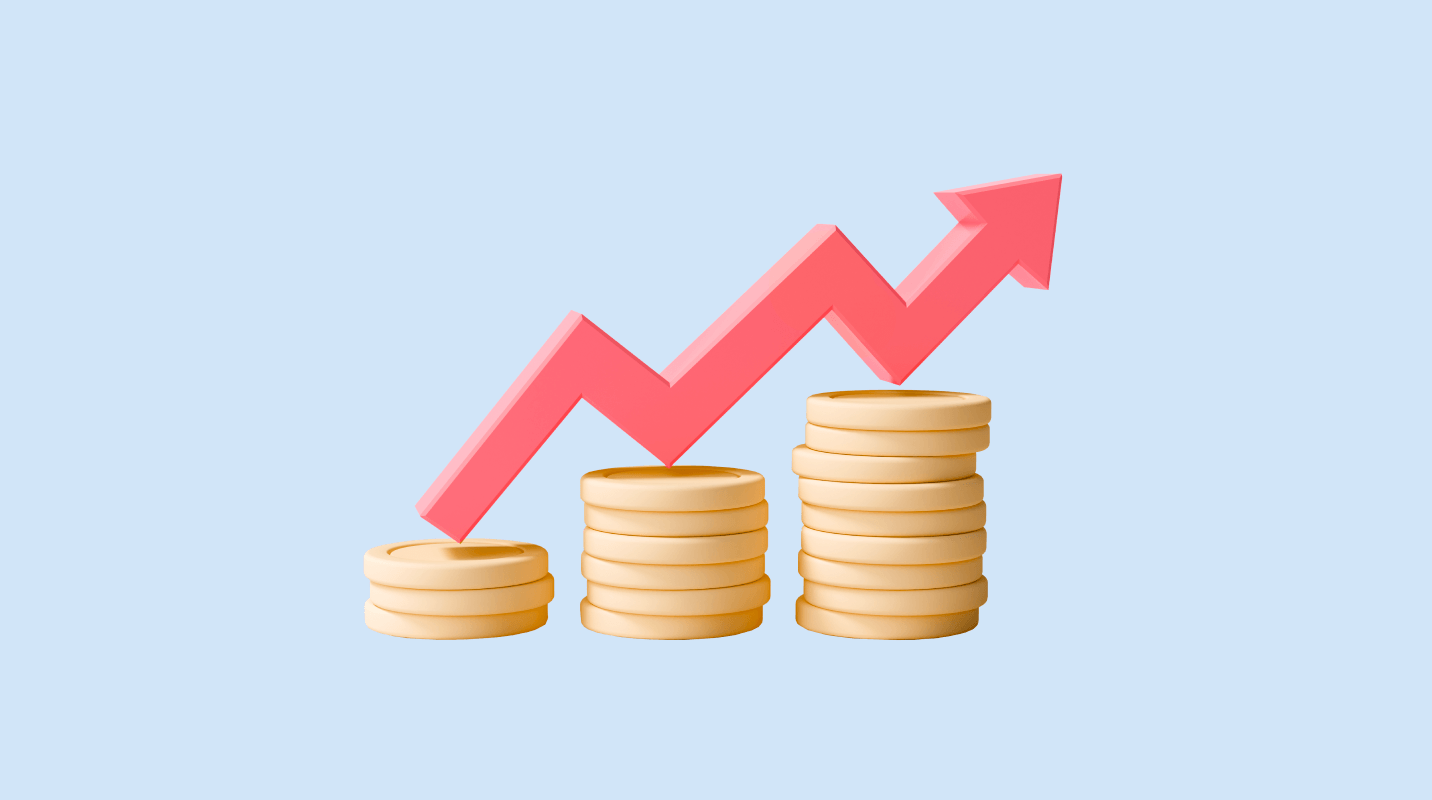
What is inflation?
Understand inflation, how it's measured, and how to protect yourself from it.
Read this article →
What is inflation?
Understand inflation, how it's measured, and how to protect yourself from it.
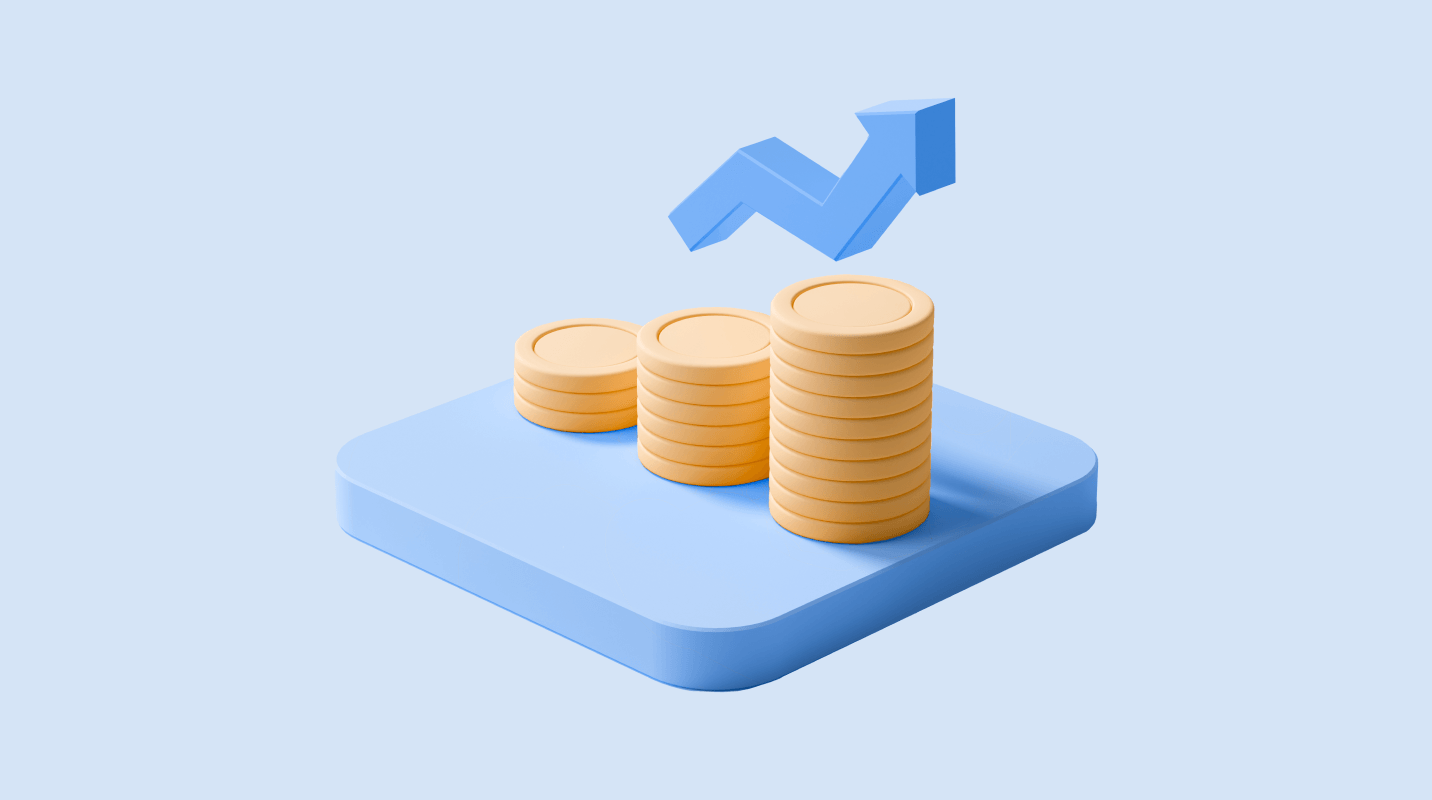
Dollar-cost averaging
Learn how to protect yourself from big losses with this simple but powerful investment strategy.
Read this article →
Dollar-cost averaging
Learn how to protect yourself from big losses with this simple but powerful investment strategy.
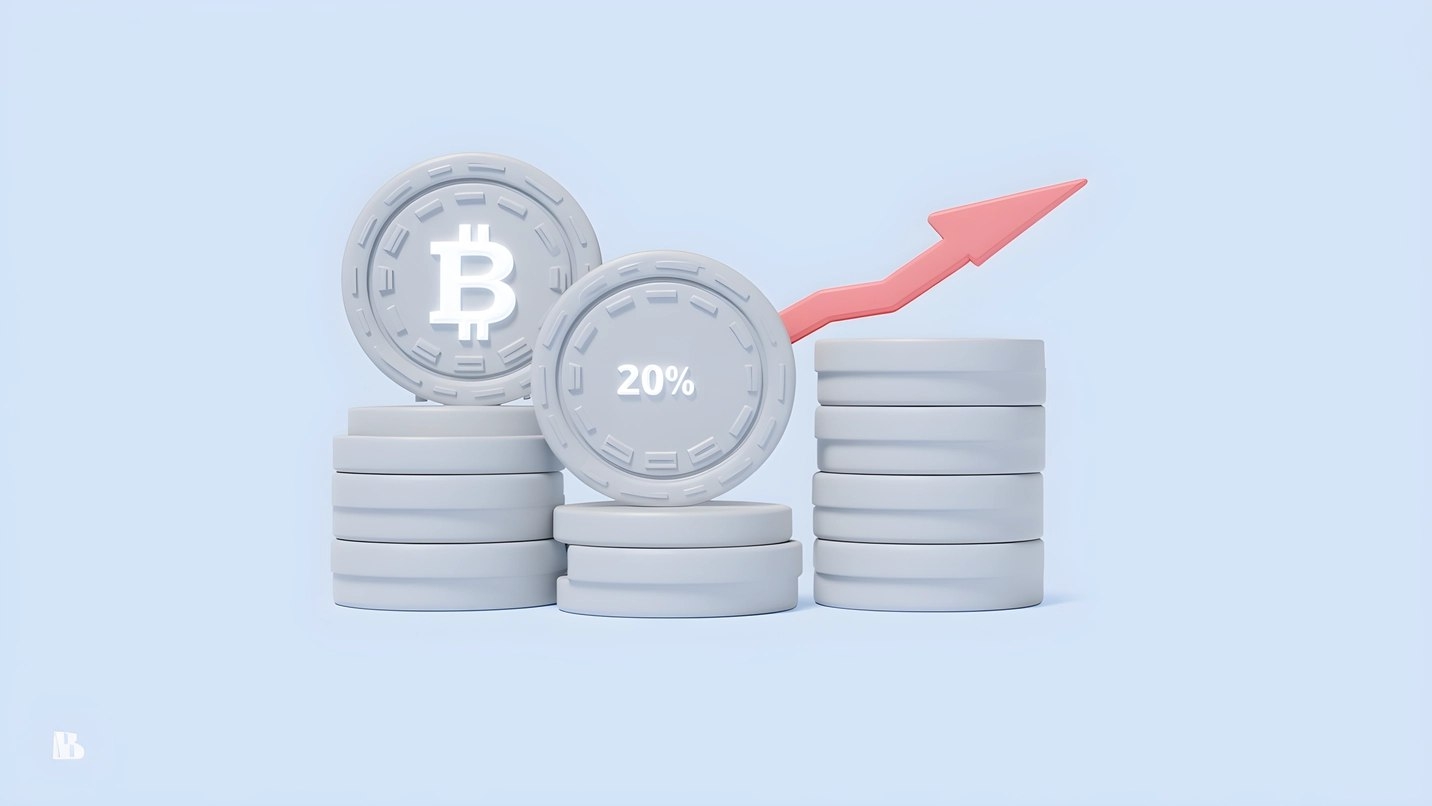
What is APY?
APY stands for annual percentage yield. It is a way to calculate interest earned on an investment that includes the effects of compound interest.
Read this article →
What is APY?
APY stands for annual percentage yield. It is a way to calculate interest earned on an investment that includes the effects of compound interest.
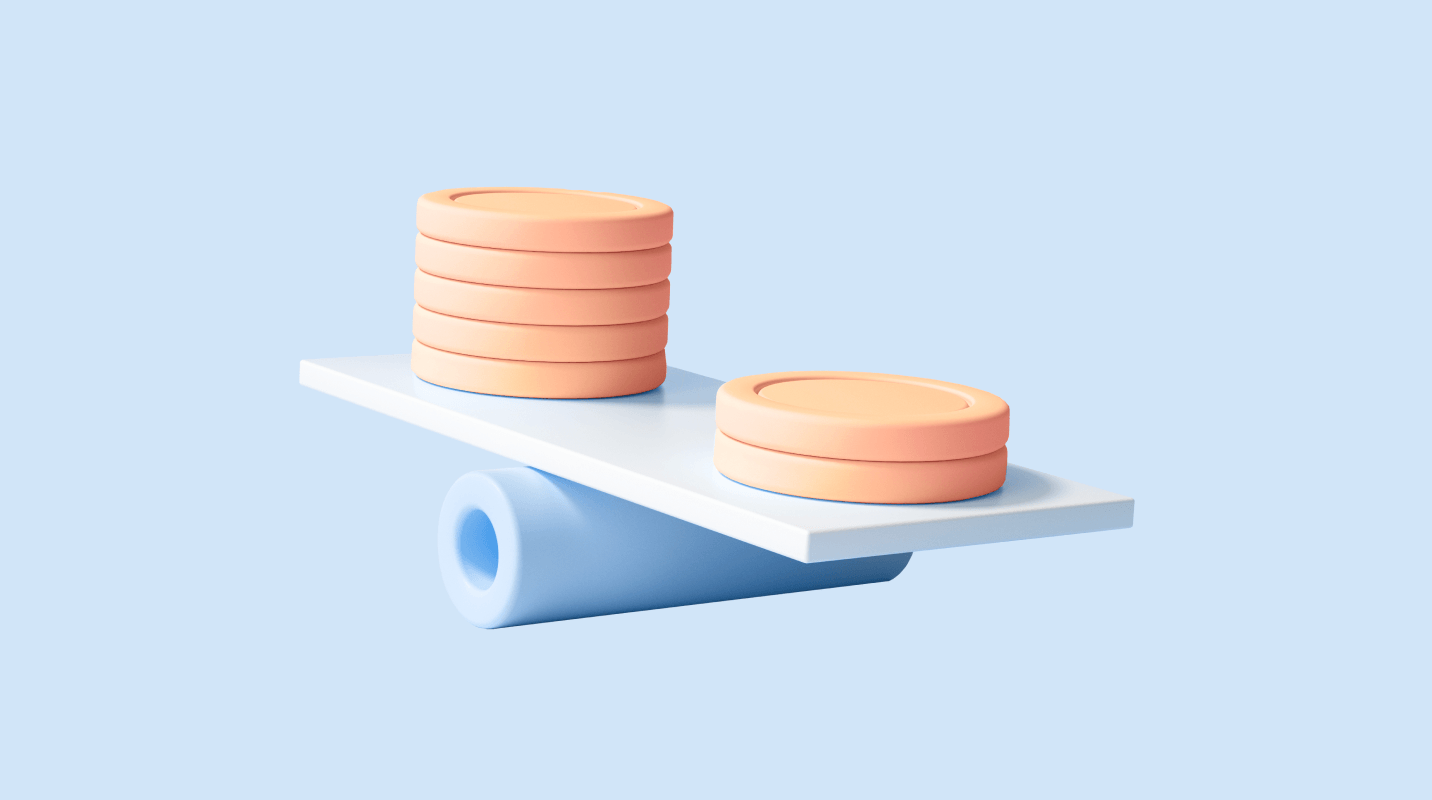
What is liquidity?
Liquidity has several slightly different but interrelated meanings. For the purposes of crypto, liquidity most often refers to financial liquidity and market liquidity.
Read this article →
What is liquidity?
Liquidity has several slightly different but interrelated meanings. For the purposes of crypto, liquidity most often refers to financial liquidity and market liquidity.

What is a token sale?
Token sales are an important part of the crypto ecosystem. Learn their ins and outs.
Read this article →
What is a token sale?
Token sales are an important part of the crypto ecosystem. Learn their ins and outs.
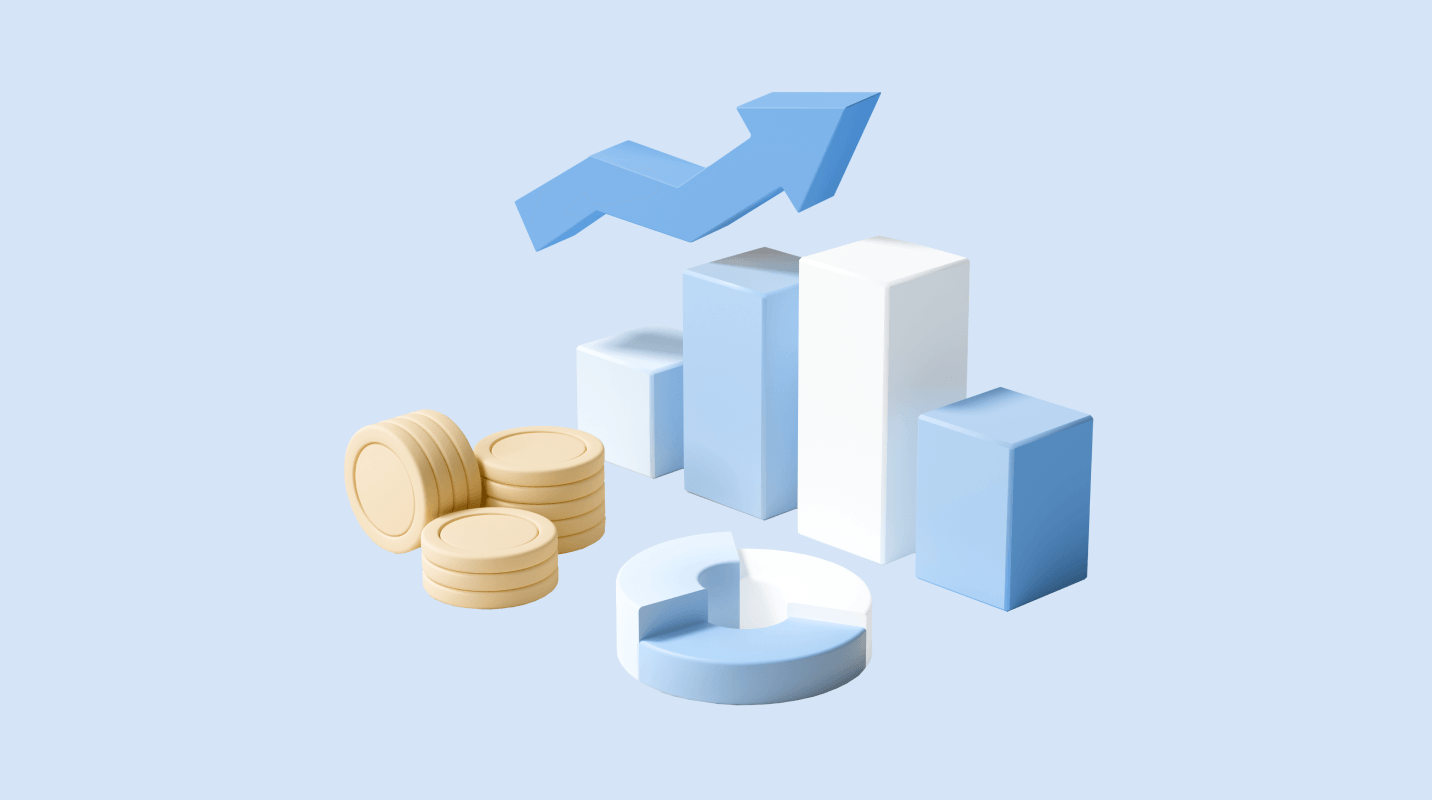
DeFi use cases
Decentralized Finance (DeFi) is bringing access to financial products to everyone. In this article we examine some prominent use cases.
Read this article →
DeFi use cases
Decentralized Finance (DeFi) is bringing access to financial products to everyone. In this article we examine some prominent use cases.
Bitcoin.com in your inbox
A weekly rundown of the news that matters, plus educational resources and updates on products & services that support economic freedom
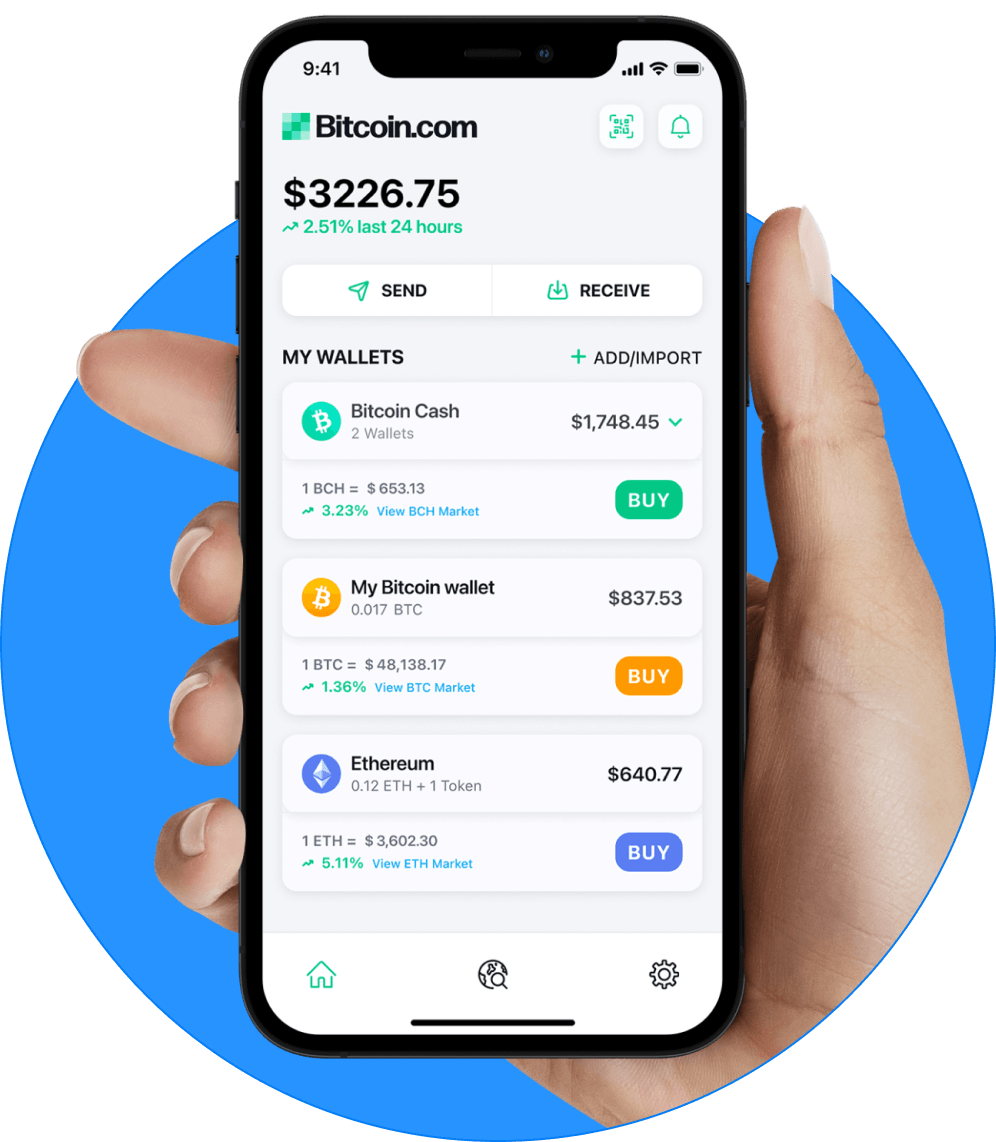
Start investing safely with the Bitcoin.com Wallet
Everything you need to buy, sell, trade, and invest your Bitcoin and cryptocurrency securely
